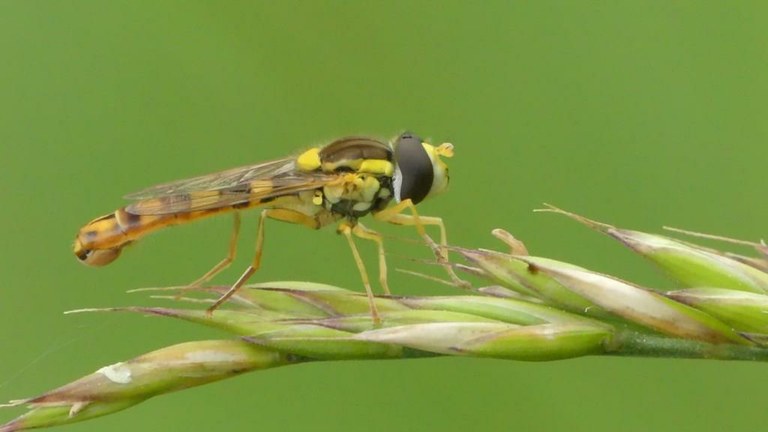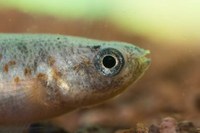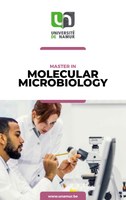M A S T E R I N B I O L O G Y O F O R G A N I S M S A N D E C O L O G Y
 Solving new problems in modern environmental biology, using cutting-edge techniques to aid our understanding of how living things function in their environment at different levels of integration, communicating and transmitting knowledge… these are just some of the challenges you will take up as a professional in the world of biology of organisms and ecology.
Solving new problems in modern environmental biology, using cutting-edge techniques to aid our understanding of how living things function in their environment at different levels of integration, communicating and transmitting knowledge… these are just some of the challenges you will take up as a professional in the world of biology of organisms and ecology.

Y O U R O B J E C T I V E S
- To respond to problems related to the environment and biodiversity.
- To understand the functioning, conservation and evolution of aquatic and terrestrial ecosystems.
- To understand the evolution of ecosystems and organisms.
- To carry out field observations and experimental research.
- To master modern technologies, from using molecular tools to interpreting satellite images.
- To acquire practical skills crucial to the job market.
W h y s t u d y a t U N a m u r ?
 |
Studies based around current issues. |
 |
A personalised study plan and support towards a professional career. |
 |
A large choice of modules, in French or in English, taught on two campuses. |
 |
Field observations and laboratory work. |
 |
Modern techniques: molecular biology, GIS, digital ecology, etc. |
 |
A long research project: thesis spread over 10 months. |
 |
A 4-month professional placement. |
 |
Possibility of doing your placement or thesis abroad. |
p r o g r a m m e s

This unique Master in BOE, organised jointly by the University of Namur (UNamur) and the Catholic University of Louvain (UCLouvain). To enrol for this programme, please exclusively contact UCLouvain.
The programme tackles modern issues in the biology of organisms and ecology, including both terrestrial and aquatic environments, subjects which have for a long time been studied separately.
Each of the different levels of biological integration (molecular, cellular, biochemical, physiological, behavioural, and population-, community- and ecosystem-based) is related to the others using state-of-the-art techniques (genomics, epigenetics, modelling, GIS, etc.).
The comparative approach can be used to investigate many diverse biological systems in the animal and plant kingdoms, as well as in micro-organisms, without focusing on just a limited number of model species.
You may choose
- three modules from the following eight…

Conservation and restoration biology
-
Ecotoxicology
-
Molecular ecology
-
Functional genomics and physiology
-
Spatial ecology
-
Ecology and the management of freshwater aquatic environments
-
Applied ecology
-
Ecology of interactions
- and one focus :











